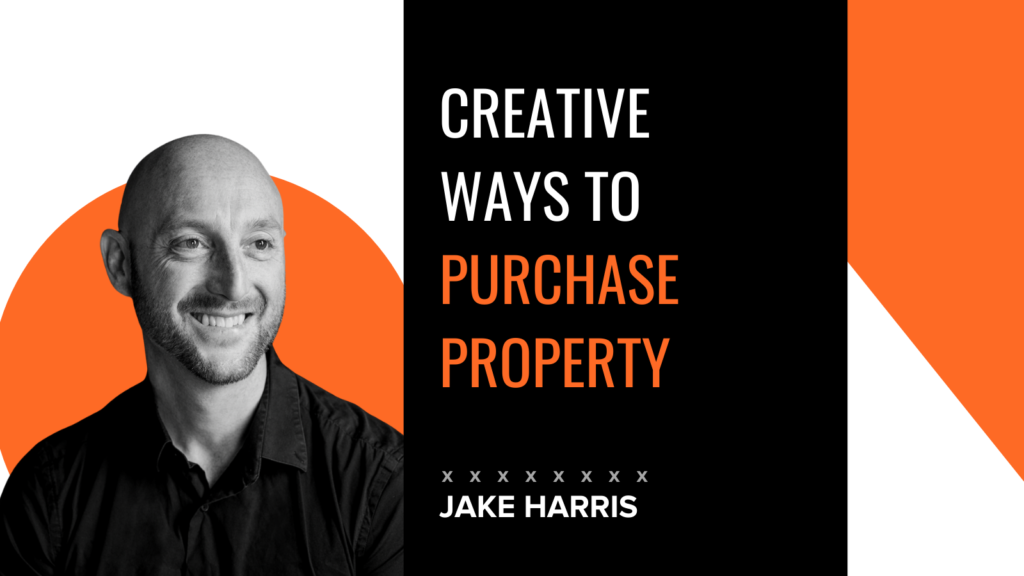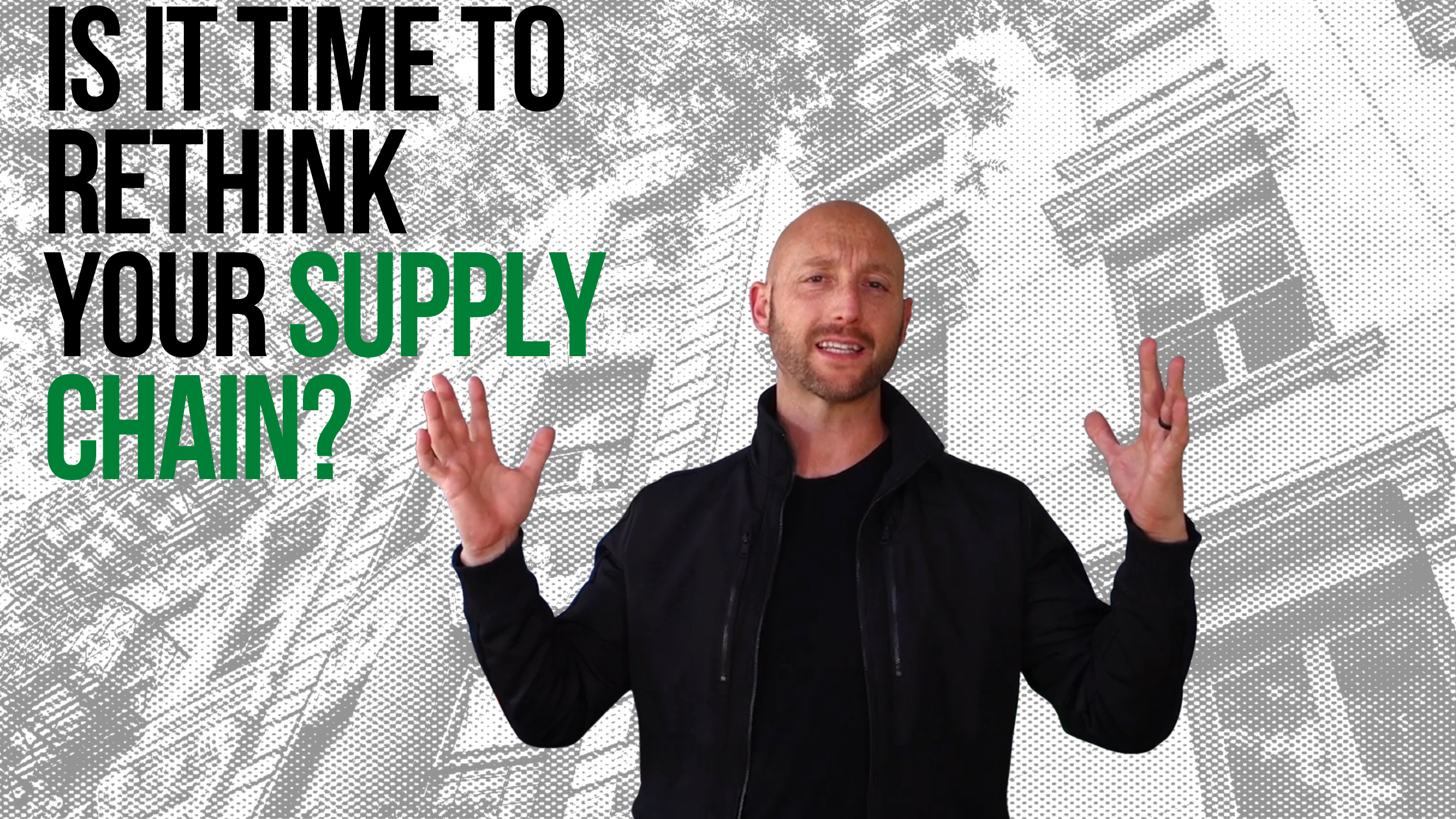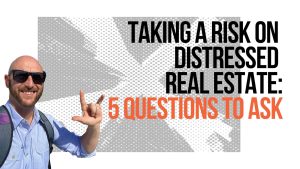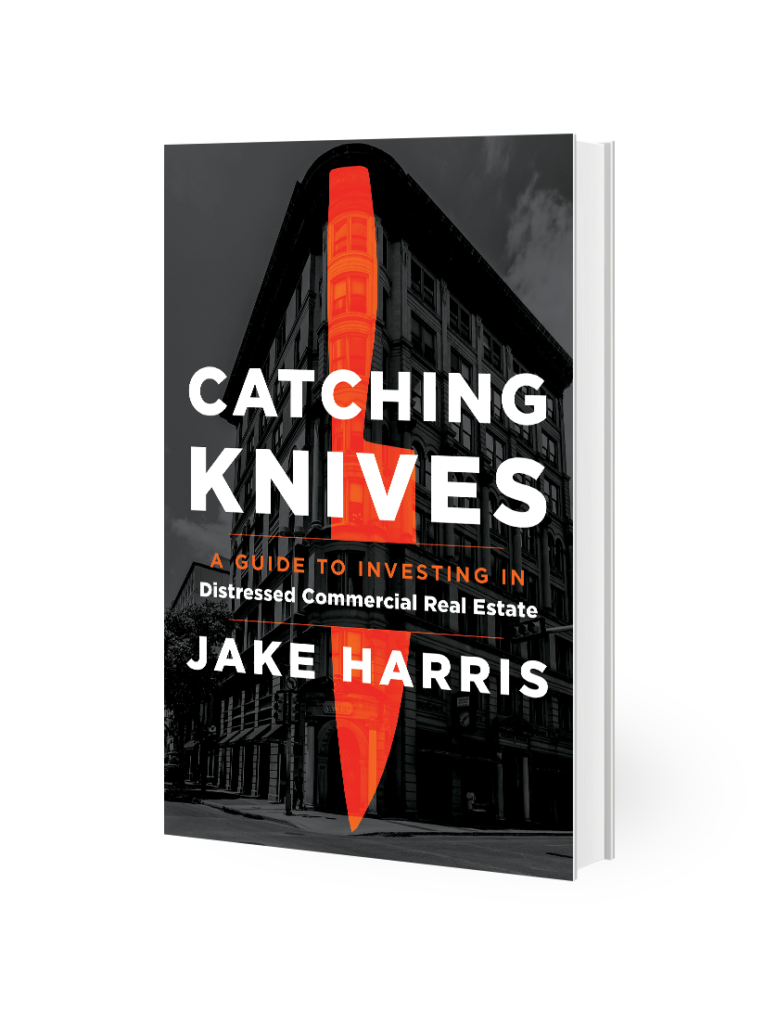During the next downturn, you’re likely to face this challenge as a new investor, which is why finding creative ways of financing your purchase should be the next tool on your investing tool belt.
Even if you don’t yet have a significant amount of cash to invest, by using creative financing options, you can still get in the real estate game and start building your portfolio.
CASH IS ALWAYS EASIEST
The easiest, most hassle-free way to purchase property will always be by paying cash. It takes the pain out of finding financing because there is no external financing. You don’t need to work with lenders, go through approval processes, or jump through any other hoops because you’re paying with your own money. That said, most people don’t have $2 million, $5 million, or $10 million in cash sitting in their bank account. Paying cash might not be a viable option, so you’ll want to look into other financing methods.
TRADITIONAL LENDERS
During a normal, healthy market, working with a traditional lender is the primary way most people buy commercial real estate. But in a recession, banks and other lenders react to the perceived increase in risk and, generally, lend less. Several things happen at once to make them hesitant to finance a new purchase. As a cumulative effect, the banks decide to put strict limitations on what they’ll lend, and you’re left with the inability to use traditional financing.
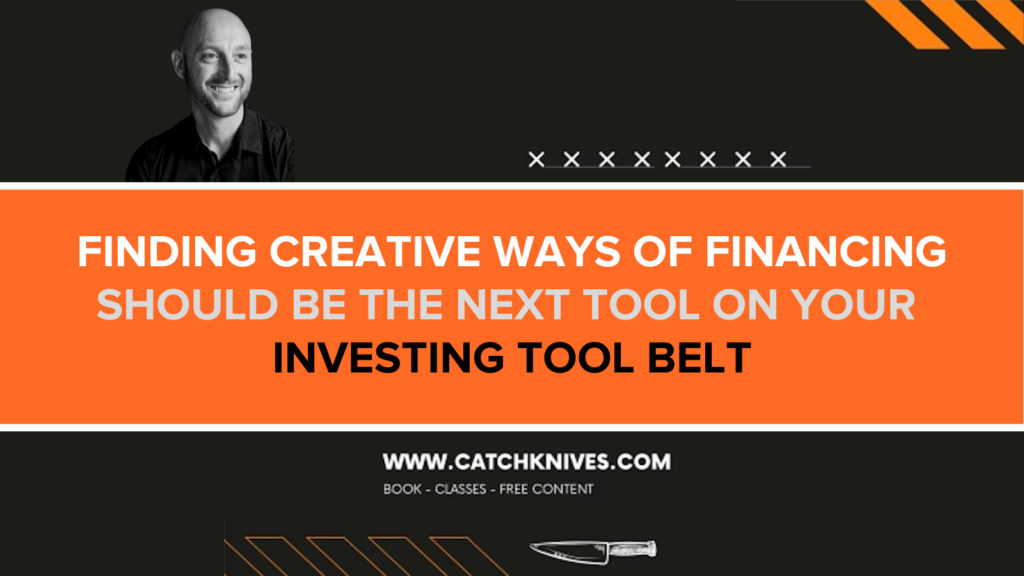
NEGOTIATION
One of the commercial real estate’s greatest strengths compared to other investment vehicles is that everything is up for negotiation. There’s no limit to how creative you can get in structuring your deal, so you can create opportunities to transfer titles and ownership with- out ever utilizing a bank. Negotiations are also when you benefit the most from insider information about a property, the market, and the seller because you’ll have a hint as to how you can best work the deal.
RETIREMENT FUNDS
Another creative option for financing a real estate purchase is to tap into a self-directed IRA or other retirement accounts. If you’ve been working in a career for decades, you might not have millions of dollars in cash in the bank, but perhaps you have significant funds in your retirement account. Using your retirement funds for real estate comes with some legal restrictions, so I recommend checking out The Self-Directed IRA Handbook by Mat Sorensen and consulting financial advisors or an attorney if you move forward with this option.
SELLER FINANCING
To buy property in a recession, you might also consider seller financing. Imagine that you have a few million dollars and you want to buy an $8 million mortgage on a building that you know is actually worth $15 million. You might approach the current owner, who is falling behind on their mortgage payments, and say, “I’m willing to buy your building, but I don’t have the total amount of money right now. Instead, I can give you $1 million now, and we’ll leave the existing mortgage in place. I’ll catch up the mortgage payments and assume your financing from here on out.”
In effect, you’re taking over the current owner’s mortgage so you don’t have to work with a bank to finance a new one.
MASTER LEASE
A master lease is similar to seller financing in that you’re assuming the existing debt. It differs, however, because you sign a master lease for the entire building with the option to buy and with the ability to sublet it for a higher amount of money. This approach allows you to control property with almost no money down—you may only need good credit to get approved on the lease, and often in distressed times, normal things like creditworthiness are thrown out.
ALTERNATIVE (ASSET-BASED) LENDERS
You might also secure funds through alternative lenders, also known as hard money loans or private lenders. Alternative lenders can provide money quickly, with the major downside that they tend to charge much higher interest rates than traditional lenders. However, the upside is that after traditional lenders have gone underground during recessions, alternative lenders will still be there for you. They make loans based on the asset, not so much on the borrower.
PARTNERSHIPS
Commercial real estate is a team sport. Few people possess all the necessary skillsets and tools to complete the different tasks required to succeed. In this spirit, partnerships are another viable way to creatively finance a purchase. Whom should you partner with? One of your best options is a contractor. Needing a contractor involved in nearly everything you do in real estate is, perhaps, the most frustrating and maddening part of the entire process. But if you partner with a contractor to buy a property, you eliminate some of that pain.
WHOLESALING
Wholesaling represents another approach to commercial real estate where you can act as a middleman without put- ting your own money into a deal. As a wholesaler, you find properties to sell to investors. You do the work of negotiating a deal with the seller and then you turn around and resell the property to someone else. Best of all, you don’t need to put your own money into the transaction.
ACT AS A LENDER
The last category I’ll discuss here is acting as a lender, which isn’t a way to finance your own property purchase but rather an alternative way to invest in commercial real estate. With this route, you’re taking on the role of an alternative lender. You might lend another investor $2 million at 10–12 percent, for example. In this instance, you don’t own the property yourself; you lend money to someone else buying property and make money on the interest. You become the shark that lends people the money and doesn’t have to do the hard work. Your tradeoff is a cap on your profits, but this is much easier for many busy professionals.
Under the right circumstances, any of these financing options could result in massive success.
I go into much more details about these creative financing ideas in my book Catching Knives.
Don’t forget to snag a copy of my new book Catching Knives.
Packed with practical advice and personal anecdotes, this is your guidebook for embracing the next economic downturn and navigating the risk of distressed investing. With the right strategy, you can be one of the few who lean into hard times, make the most of them, and take advantage of once-in-a-generation opportunities.
Follow Along:
Instagram: @Jake.RealEstate
LinkedIn: Jake Harris

